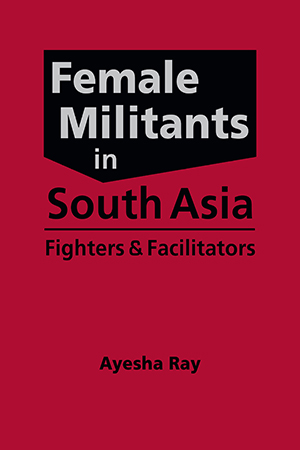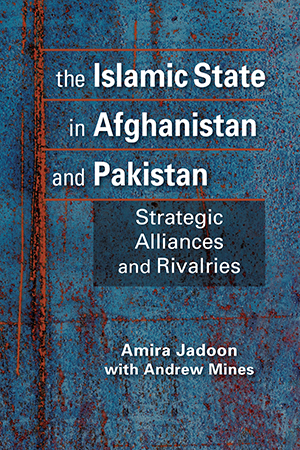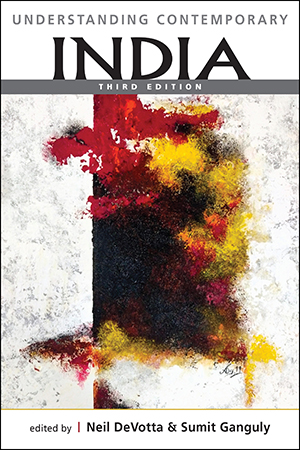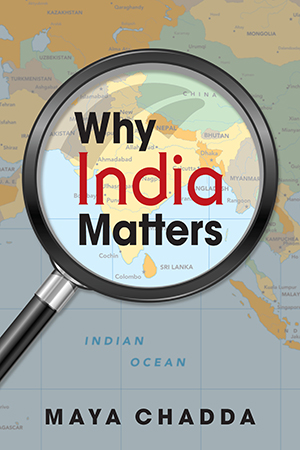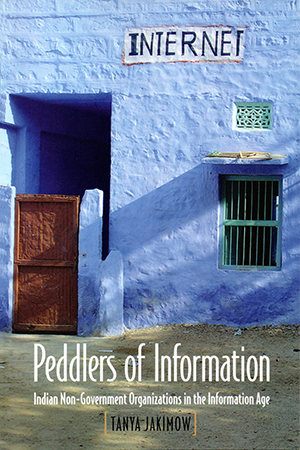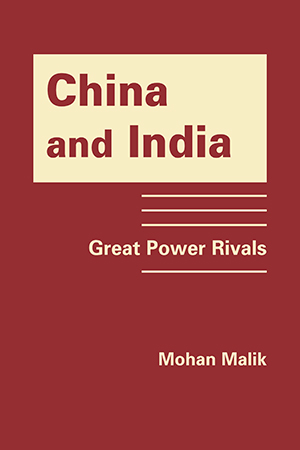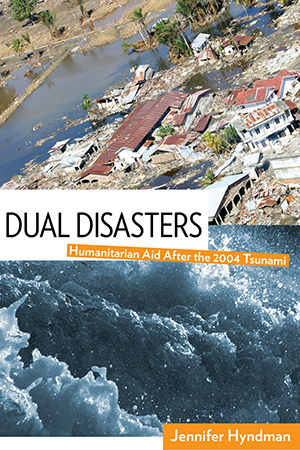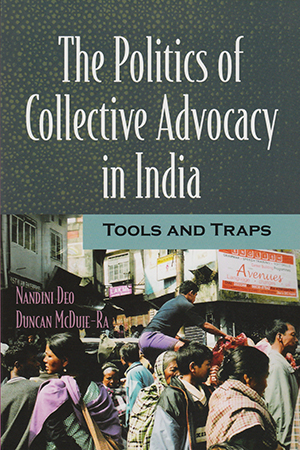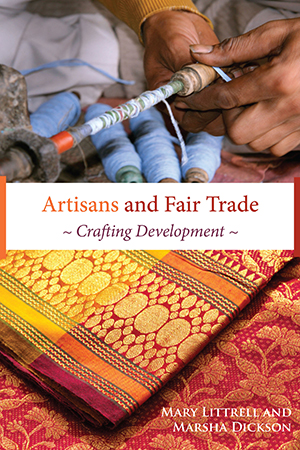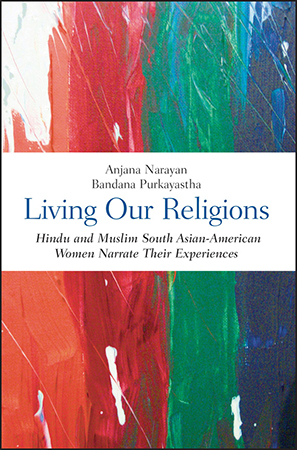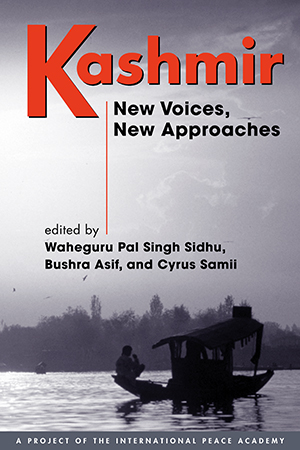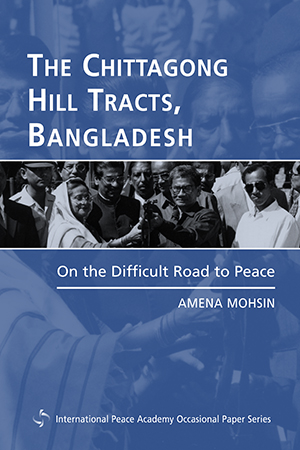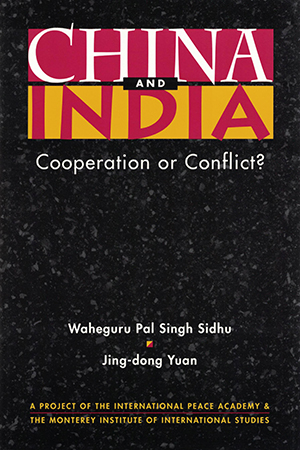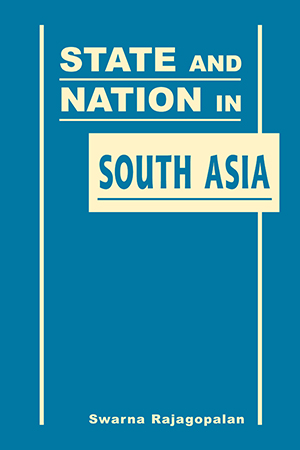South Asia
Though often portrayed as lacking agency, women in South Asia, in considerable numbers, participate actively in the insurgencies that plague the region—taking up arms alongside men or More >
The deadly attack on Kabul's airport in August 2021 shocked the world and brought concentrated attention to the Islamic State Khorasan Province (ISK). New questions quickly arose: How More >
Winner of the Andrew Price-Smith Book Award! Despite a century of advances in modern medicine, as well as the rapid development of Covid vaccines, the global pharmaceutical industry has More >
Even stronger than its outstanding predecessor, the third edition of Understanding Contemporary India provides context for and evaluates more than a decade of challenges and changes in More >
Why is India's rise on the world stage so controversial? How can a state that is losing authority to its regions at the same time grow in international importance? Exploring an apparent More >
Information and communication technologies (ICTs) are widely heralded as an opportunity for the poor to have greater access to information that can help them escape poverty, as well as an More >
Despite burgeoning trade and cultural links, China and India remain fierce competitors in a world of global economic rebalancing, power shifts, resource scarcity, environmental degradation, More >
What happens when a humanitarian crisis with political roots interacts with a humanitarian crisis induced by environmental disaster? That is the question at the core of Dual More >
Nandini Deo and Duncan McDuie-Ra explore India's vibrant civil society sector, focusing on the ways that it actually operates "on the ground." Offering an insightful analysis, More >
After agriculture and tourism, artisan work provides the next most significant source of income in many developing countries. Yet, there is strong disagreement among both politicians and More >
Living Our Religions sheds important light on the lives of Hindu and Muslim American women of South Asian origin. As the authors reveal their diverse and culturally dynamic religious More >
Uniquely representing all sides in the conflict over Kashmir, this innovative new book provides a forum for discussion not only of existing proposals for ending the conflict, but also of More >
Ending a two-decade-long armed insurgency, the Chittagong Hill Tracts (CHT) Peace Accord was signed in December 1997 by the government of Bangladesh and the PCJSS, the political More >
The hardline view of Sino-Indian relations found in the published reports of Indian and Chinese security analysts is often at considerable odds with the more tempered opinions those same More >
What makes a national community out of a state? Addressing this fundamental question, Rajagopalan studies national integration from the perspective of three South Asian More >


